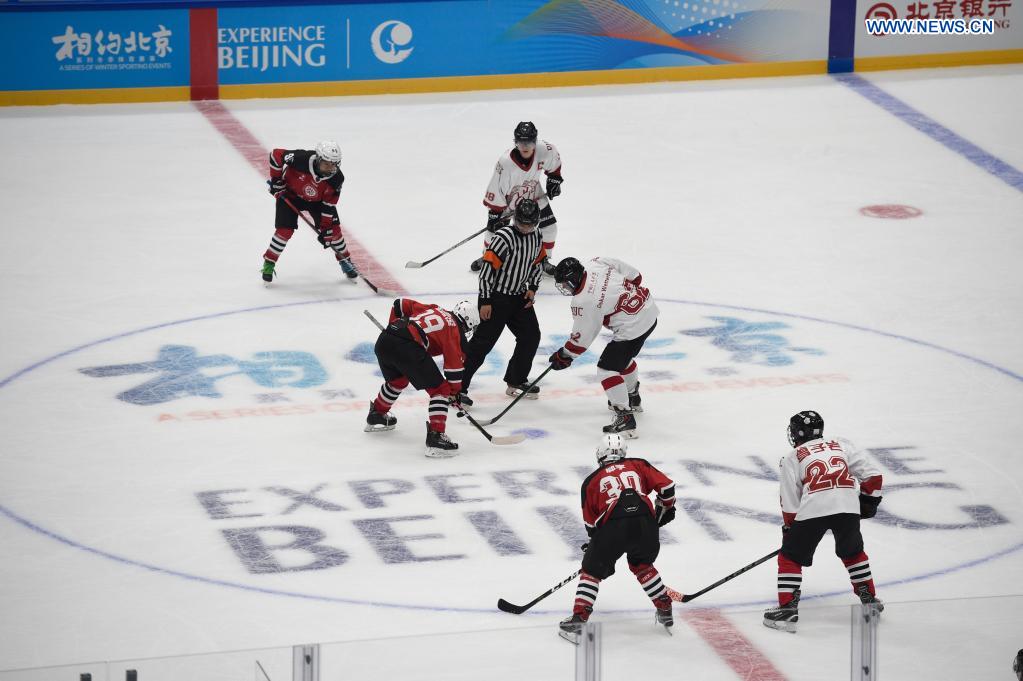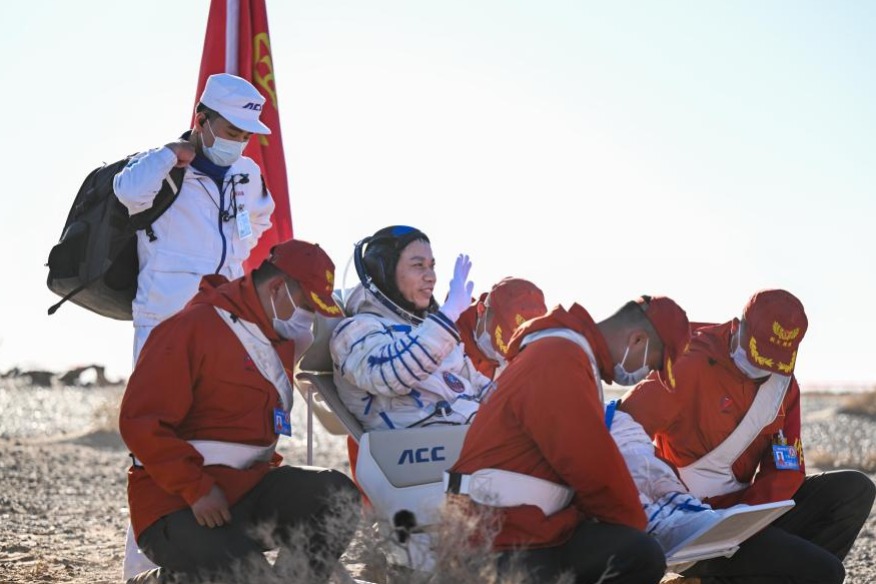Organizers gear up for Games doping tests
By SUN XIAOCHEN | China Daily | Updated: 2021-07-16 09:04

With experience and innovation on their side, Beijing 2022 organizers and the country's anti-doping authority have joined forces to enforce a zero-tolerance approach to cheating at the Winter Olympics.
As preparations for the 2022 Winter Olympics approach the 200-day countdown, the Beijing organizing committee and the China Anti-Doping Agency signed a cooperation framework agreement on Thursday to jointly develop a doping control program that covers all aspects, including sample collection, transport, analysis and staff recruitment and training, to facilitate the delivery of a clean Olympic Games next year.
One highlight of the program will be the widespread use of dried blood spot testing for the first time in Olympic history, with Chinese organizers saying on Thursday it is expected to be a "game changer" in the fight against performance-enhancing drugs.
The method-jointly developed by the World Anti-Doping Agency, the International Olympic Committee and multiple national agencies including CHINADA-involves the sampling of a small volume of blood, which is then dried on filter paper, making transportation easier and enabling it to be stored for as long as 10 years before analysis.
WADA approved a technical document at a meeting in May, proposing the routine use of the new method at Beijing 2022 following a trial at the upcoming Tokyo Summer Games.
CHINADA confirmed on Thursday that all necessary education, equipment upgrades and communication with international organizations have been going smoothly, laying a solid foundation for the method to be fully implemented at next year's Games, which will run from Feb 4-20 in Beijing downtown, its northwest Yanqing district and co-host Zhangjiakou, Hebei province.
"It's a great example of technological innovation in the anti-doping effort, which will significantly facilitate our fight against doping at the next level," said Chen Zhiyu, director of CHINADA.
The advantages of the new testing method, as a complement to the traditional blood and urine tests, include more convenient sample collection, less expensive transport and less space required for storage, making it applicable for more efficient mass testing, Chen added.
As part of the framework, the Beijing 2022 organizing committee has recruited 170 doctors and nurses from hospitals across the city to be trained and evaluated to conduct sample collection and analysis during the Games, together with 60 international experts for the Olympics and 20 for the Paralympics.
The organizing committee, supported by CHINADA and venue owners, has built 20 doping control stations across all 12 competition venues and some noncompetition facilities in all the Games' three zones up to standards mandated by the IOC and WADA.
"The support from CHINADA will play an instrumental role in helping us organize a clean Winter Games," said Han Zirong, vice-president of the Beijing 2022 organizing committee.
"We are confident that the anti-doping program next year will earn resounding acclaim from the international sports community again after we did so at the 2008 Summer Games."
























